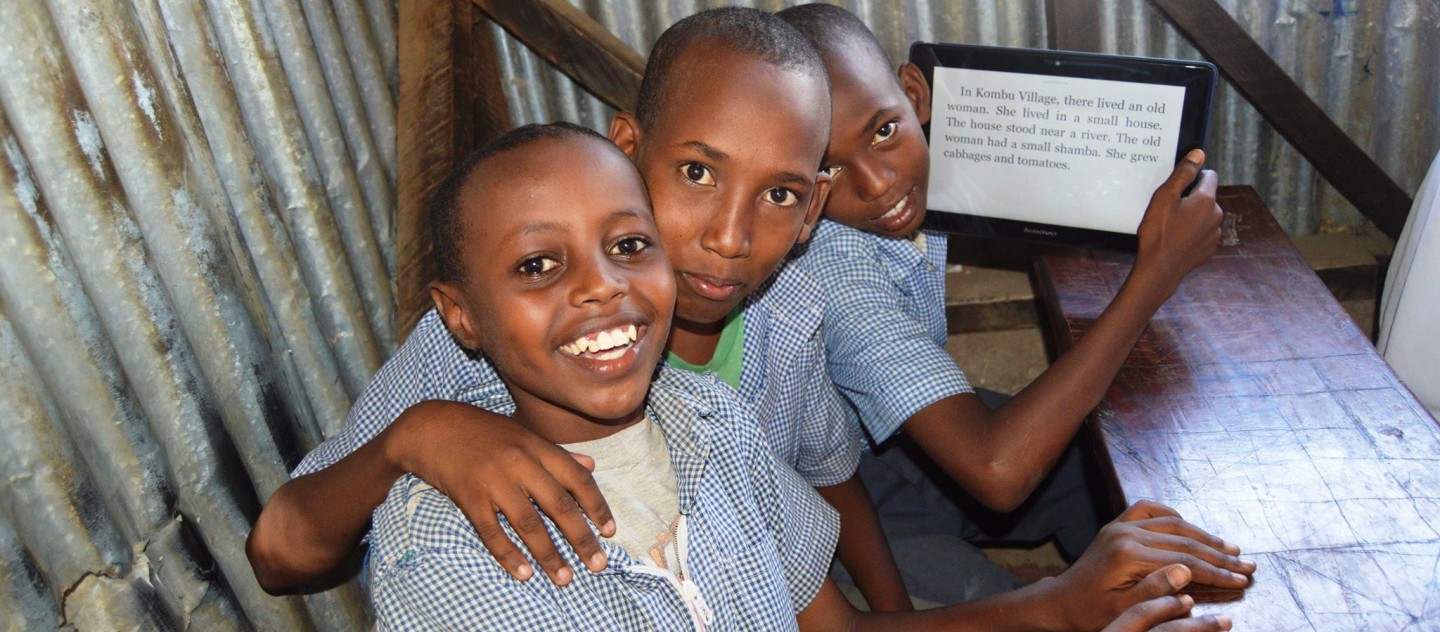In the education sector, through generous support from Vodafone and Safaricom, the Instant Network School Programme, an initiative of the Learn Lab, which was jointly created by UNHCRs Innovation and the Education Units within the Division of International Protection continues to provide refugees with access to internet learning and involves new approaches that will increase access and improve educational quality.
The biometrics project that WFP and UNHCR implemented in 2013 has helped ensure that general food distribution only goes to eligible households residing in the camps. The project has resulted in significant cost-efficiencies, reducing operational requirements by $1.5 million per month. The platform that was put in place at the food distribution centres will be extended to benefit other food and non-food programmes and services including cash-based transfers which integrates the biometrics project with the UNHCR’s proGres data base and uses a mobile platform provided by Kenya’s largest mobile network operator Safaricom.
Read more about our ‘Innovations in the assistance delivery – towards a sustainable response’ in our third Kenya Comprehensive Refugee Programme Document.

